This exploration is for all ages, as the colored smilies show. You can explain and experiment using the scientific method with all of your children from 1st graders up through high school.



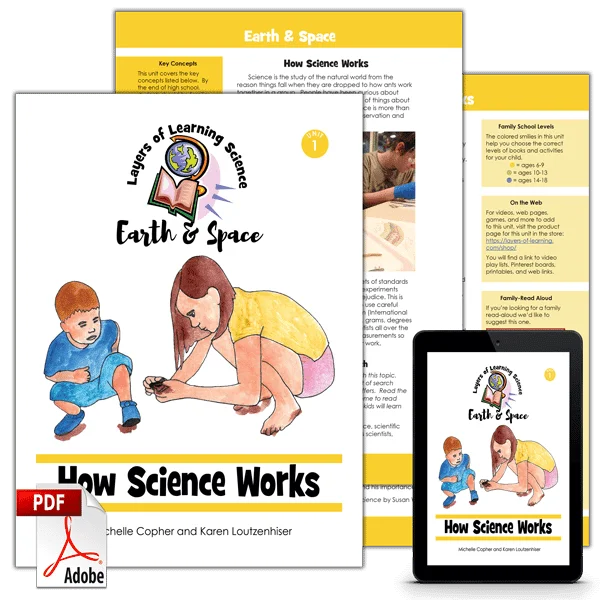
This scientific method lesson is from How Science Works, the first unit in the Earth & Space course. Layers of Learning has hands-on experiments in every unit of this family friendly curriculum. Learn more about Layers of Learning.
Often when kids are doing “experiments” they are really just following recipes. But once you’ve learned the scientific method you can begin to experiment, to learn about things without a recipe. That’s real science.
The scientific method may seem ominous and confusing, but really simply put, it’s just a way of asking a question and then finding a reliable answer to that question.
Step 1: Library Research
Before you begin exploring, read a book or two about the scientific method. Here are some suggestions, but if you can’t find these, look for books at your library about the scientific method. The colored smilies above each book tell you what age level they’re recommended for.
As Amazon affiliates, the recommended books and products below kick back a tiny percentage of your purchase to us. It doesn’t affect your cost and it helps us run our website. We thank you!

Mad Margaret Experiments with the Scientific Method
by Eric Braun


Investigating the Scientific Method With Max Axiom
by Donald B. Lemke

The Scientific Method
by Bozeman Science
Step 2: Scientific Method Experiment
You will need an experiment write-up sheet. We have two printable choices here. The first is for younger kids. The second experiment write-up sheet is a template middle grades and high schoolers can use when typing up their own experiment reports.
You will also need a favorite cookie recipe and ingredients, some artificial sweetener, and taste testers.
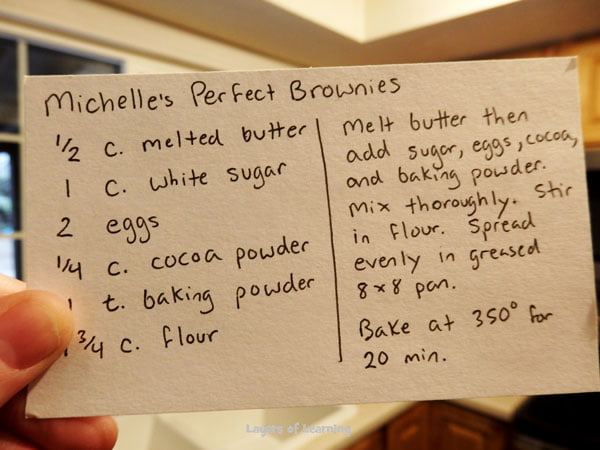

Design an experiment using the scientific method to see what differences the artificial sweetener has compared to regular white sugar. Think about taste and texture. How can you conduct the experiment fairly so the results are scientific?
Do the results of your experiment suggest new ways you could take the experiment further?
Step 3: Show What You Know
Create an anchor chart or notebooking page about the scientific method process as you discuss what each step means. Put this in your binder behind the “science” divider.
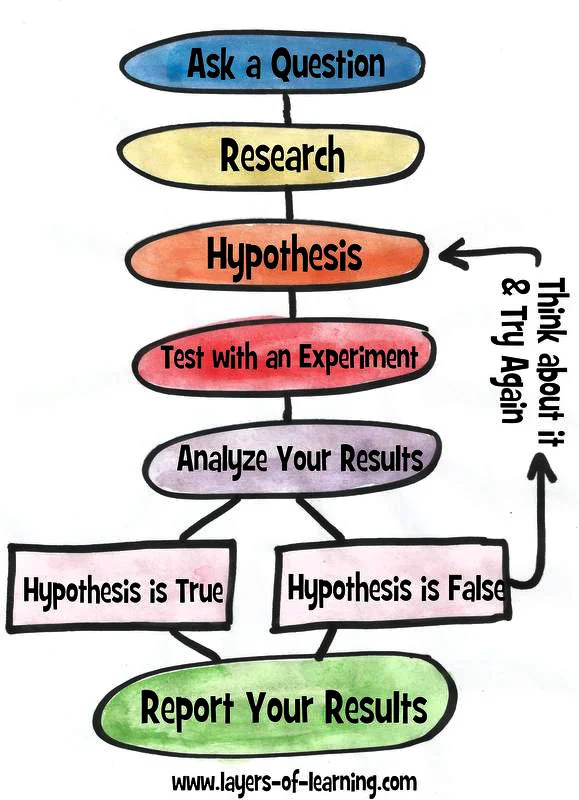
Complete your lab write up sheet with your data and your conclusions.
Additional Layers
Additional Layers are extra activities you can do or tangents you can take off on. You will find them in the sidebars of each Layers of Learning unit. They are optional, so just choose what interests you.
Deep Thoughts
Discuss these ideas with your kids.
We’re used to thinking of science as answering all our questions, but this isn’t quite true. Every scientific “truth” always has the possibility that it will be proved wrong one day. This has happened frequently in the history of science. Once it was believed that all land formed from dissolved ocean minerals solidifying into rocks. Eventually this misconception was proved wrong.
So the scientific method has the ability to prove things wrong, but not the ability to absolutely prove things right.
The other limitation of science is that it can investigate only natural phenomenon. So it is unlikely that science will ever answer all our questions.
Deep Thoughts
The scientific method with its controlled experiments was defined as a way to guard against human biases or preconceptions corrupting knowledge of the truth.
But human prejudice still gets in the way. That’s why people argue about certain scientific areas of knowledge.
Investigate the debates over the age of the earth, vaccines, global climate change, or genetically modified crops and look for where both sides of the debate might be biased. You might end up deciding only one side is biased.
Famous Folks
Aristotle and the other ancient Greek philosophers were the first to apply logic to a study of the natural world.

People have used experimentation, especially in the area of medicine, since very ancient times.
Get a Free Unit
Choose between the first unit in each Layers of Learning subject to try for free when you sign up for the newsletter.
We never spam and you can cancel your subscription at any time.


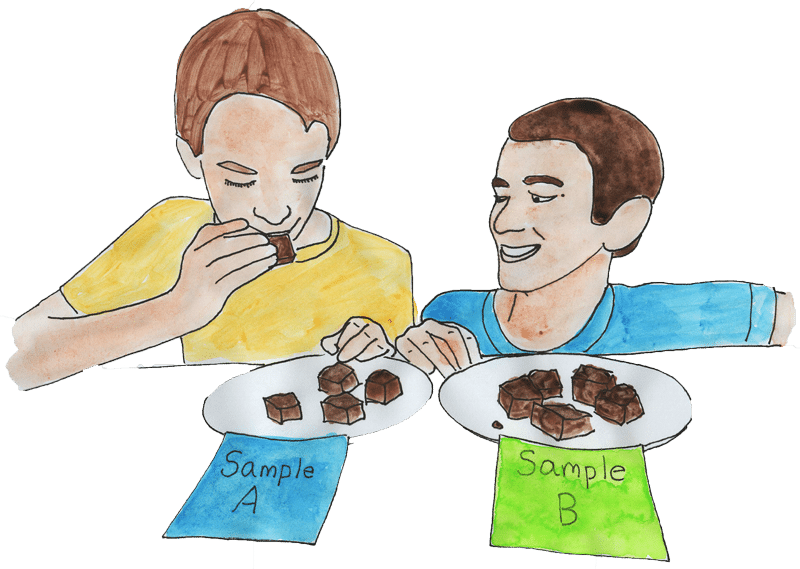
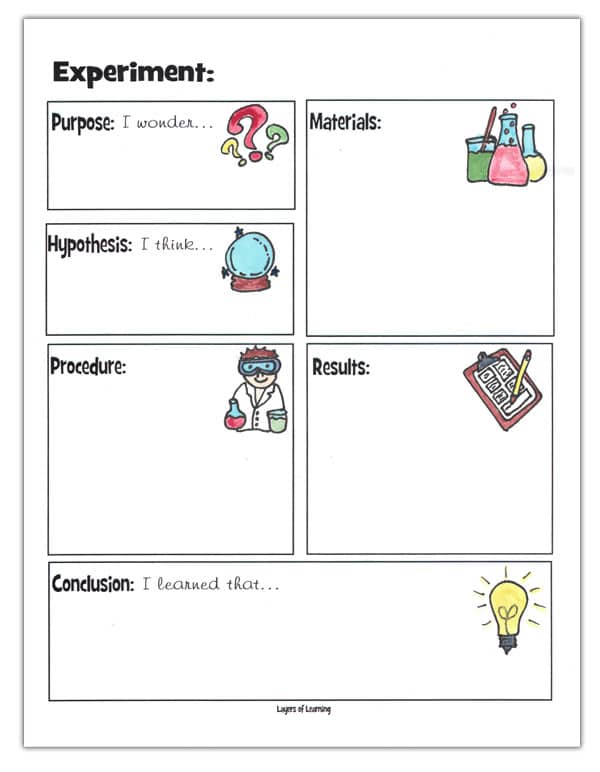
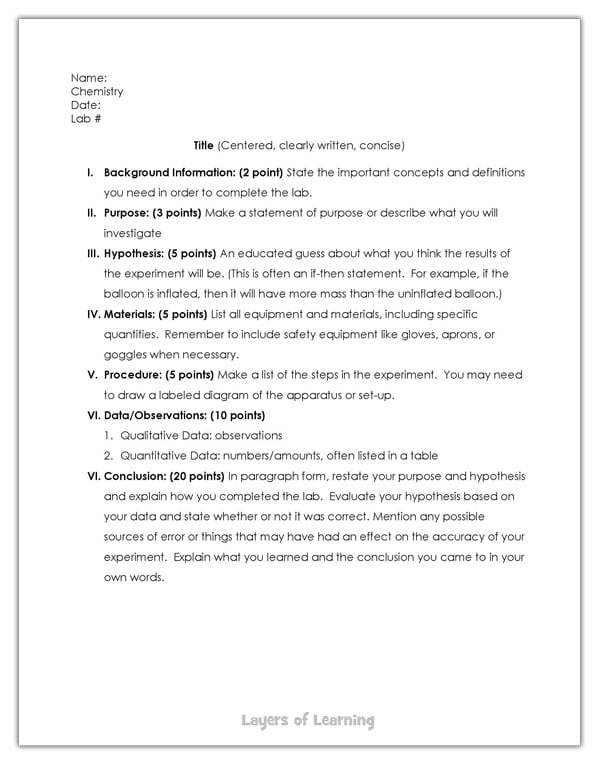

greats cience worksheets on this site…check it out
I love you scientific method
Love this experiment to start the year
I have won a scientist metal in class from this amazing project thank you so much for helping me